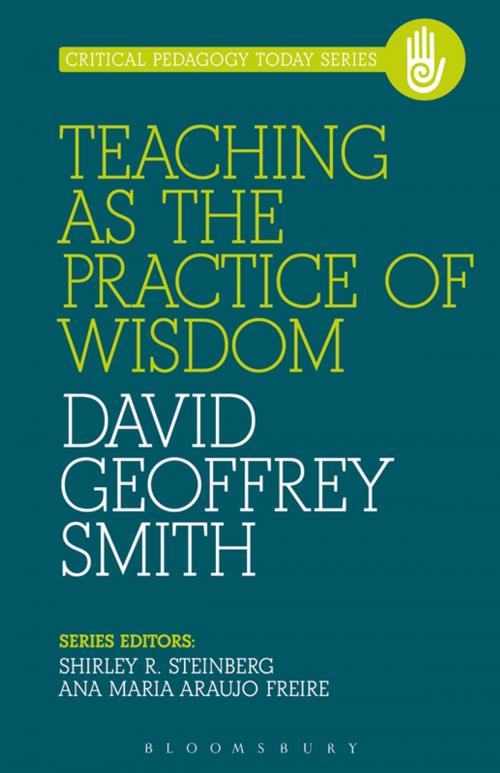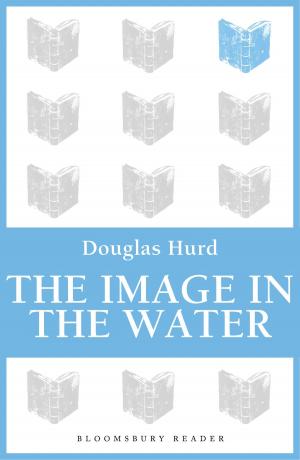Teaching as the Practice of Wisdom
Nonfiction, Reference & Language, Education & Teaching, Educational Theory, Aims & Objectives, Philosophy & Social Aspects| Author: | David Smith | ISBN: | 9781623563387 |
| Publisher: | Bloomsbury Publishing | Publication: | May 22, 2014 |
| Imprint: | Bloomsbury Academic | Language: | English |
| Author: | David Smith |
| ISBN: | 9781623563387 |
| Publisher: | Bloomsbury Publishing |
| Publication: | May 22, 2014 |
| Imprint: | Bloomsbury Academic |
| Language: | English |
In the spirit of Paulo Freire, this inspiring book deconstructs many of the 'gods' that define contemporary life, then offers hope through sources of traditional wisdom. It addresses important contemporary discourses in the political and social sciences in ways that are relevant to the personal and professional lives of teachers at all levels of educational practice. David G. Smith discusses the impacts on teachers' lives of neoconservativism, neoliberalism, the New Marxism, the emerging paradigm of Deep Politics, global Wisdom traditions, and more - and he reveals how teachers can creatively stand with or against these streams of influence. By clearly relating larger theoretical discussions in the social sciences to the policies and practices of teaching, Smith builds upon Freire's legacy. He also reaches beyond debates in Western scholarship, and accesses new theory from the global "South", from Buddhist and NeoConfucian traditions as well as the new African Renaissance stream known as Unhu/Ubuntu. This is a powerful work of educational theory and philosophy that contains useful advice for educators wishing to push back against conformity.
In the spirit of Paulo Freire, this inspiring book deconstructs many of the 'gods' that define contemporary life, then offers hope through sources of traditional wisdom. It addresses important contemporary discourses in the political and social sciences in ways that are relevant to the personal and professional lives of teachers at all levels of educational practice. David G. Smith discusses the impacts on teachers' lives of neoconservativism, neoliberalism, the New Marxism, the emerging paradigm of Deep Politics, global Wisdom traditions, and more - and he reveals how teachers can creatively stand with or against these streams of influence. By clearly relating larger theoretical discussions in the social sciences to the policies and practices of teaching, Smith builds upon Freire's legacy. He also reaches beyond debates in Western scholarship, and accesses new theory from the global "South", from Buddhist and NeoConfucian traditions as well as the new African Renaissance stream known as Unhu/Ubuntu. This is a powerful work of educational theory and philosophy that contains useful advice for educators wishing to push back against conformity.















